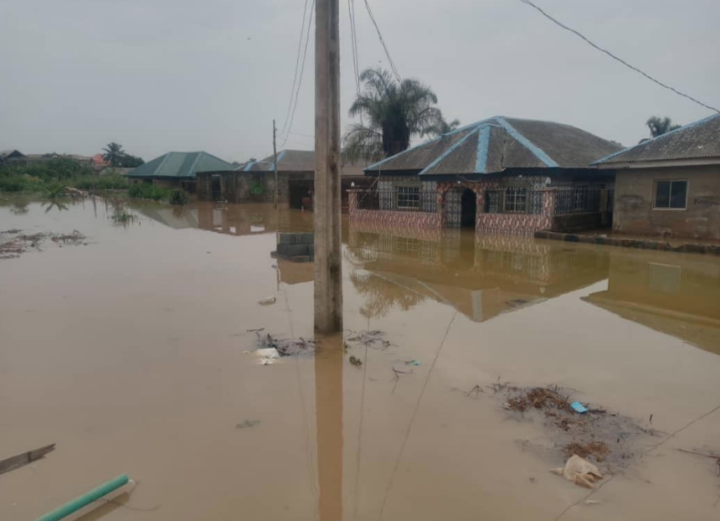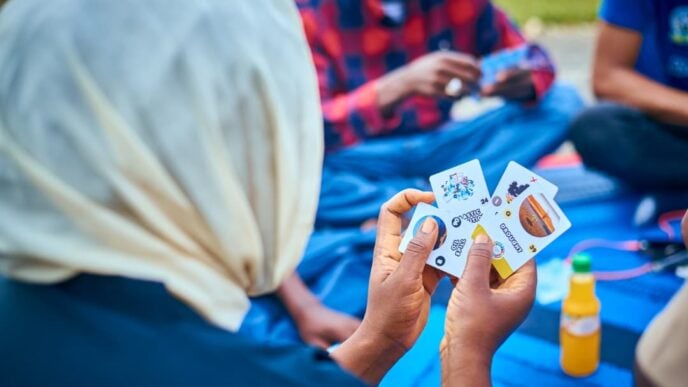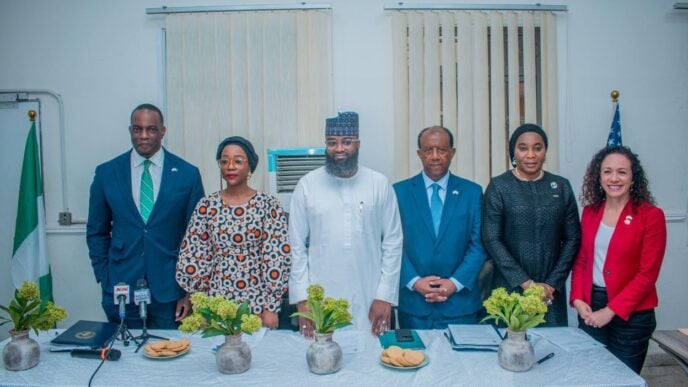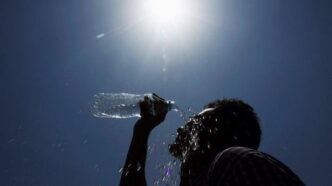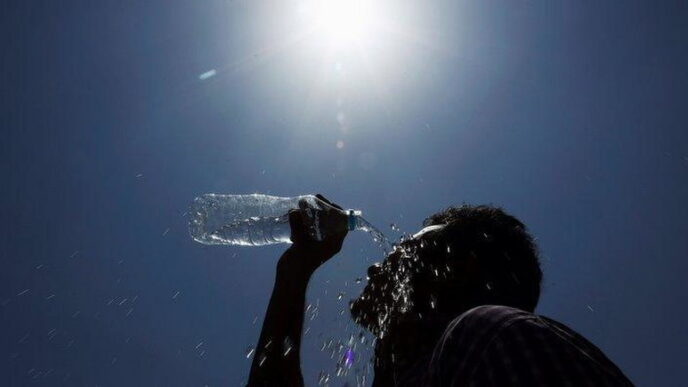After 10 days of intense negotiations in Geneva, efforts to secure a global treaty to end plastic pollution ended on Friday without agreement on a draft text.
The inter-governmental negotiating committee (INC), tasked with developing a legally binding instrument on plastic pollution, adjourned its resumed fifth session (INC-5.2) on August 15, saying talks would continue at a later date.
More than 2,600 participants, including over 1,400 delegates from 183 countries and nearly 1,000 observers, had gathered at the Palais des Nations, with about 70 ministers and vice-ministers joining the informal roundtables on the sidelines.
But despite the high-level presence, delegates failed to reach consensus on proposals aimed at curbing plastic production, phasing out harmful chemicals, and establishing financing and compliance mechanisms.
Advertisement
Inger Andersen, executive director of the UN Environment Programme (UNEP), described the Geneva talks as “a hard-fought 10 days” marked by geopolitical tensions.
“This has been a hard-fought 10 days against the backdrop of geopolitical complexities, economic challenges, and multilateral strains,” Andersen said.
“However, one thing remains clear: despite these complexities, all countries clearly want to remain at the table.”
Advertisement
The talks were built on a chair’s draft text from Busan, South Korea, where INC-5.1 took place last year.
In Geneva, fresh proposals were circulated, but divisions among countries prevented progress.
Luis Valdivieso, chair of the INC, urged delegates not to lose momentum despite the collapse of negotiations.
He expressed optimism that countries would eventually unite to protect the environment and safeguard public health.
Advertisement
“Failing to reach the goal we set for ourselves may bring sadness, even frustration. Yet it should not lead to discouragement… I have no doubt that the day will come when the international community will unite its will and join hands to protect our environment and safeguard the health of our people,” Valdivieso said.
MORE ROOM FOR POLLUTERS TO OPERATE?
Civil society groups warned that the stalemate gives polluters more room to operate.
Hellen Dena, Greenpeace Africa’s plastics project lead, accused governments of putting political and economic interests above public and environmental health.
Advertisement
She said the delay in Geneva “gives polluters more room to flood the world with plastics” while vulnerable communities bear the brunt of the crisis.
Dena urged member states to show courage and agree on a treaty that cuts plastic production to protect people and the planet.
Advertisement
“As governments put their political and economic interests before people and the planet, the planet burns, our oceans choke and our children breathe, drink and eat microplastics,” Dena said.
“This delay allows polluters to continue flooding the world with plastic, while frontline communities face the dire consequences of this crisis. Member states need to step up with courage and deliver a treaty that cuts plastic production.”
Advertisement
‘WAKE-UP CALL’
Graham Forbes, Greenpeace’s head of delegation to the plastics negotiations, described the failure in Geneva as a wake-up call for the world.
Advertisement
Forbes said ending plastic pollution requires confronting fossil fuel interests directly, warning that the plastics crisis is accelerating as the petrochemical industry prioritises short-term profits.
He called for a strong, legally binding treaty that cuts plastic production, protects human health, ensures equitable financing, and tackles plastic pollution from extraction to disposal.
“The inability to reach an agreement in Geneva must be a wake-up call for the world — ending plastic pollution means confronting fossil fuel interests head on,” he said.
Jyoti Mathur-Filipp, executive secretary of the INC secretariat, insisted that the process remains alive, noting that “progress must now be our obligation”.
The Geneva talks are part of a process that began in March 2022 when the UN Environment Assembly adopted a historic resolution to craft a global plastics treaty.
Previous rounds were held in Uruguay, France, Kenya, Canada, and South Korea.
The Geneva stalemate highlights a major rift between nations pushing for strict limits on plastic production and those on the fossil fuel and petrochemical industries divide.
Until negotiations resume, progress will depend on whether governments can muster the political will to match the scale and urgency of the plastic pollution crisis.

